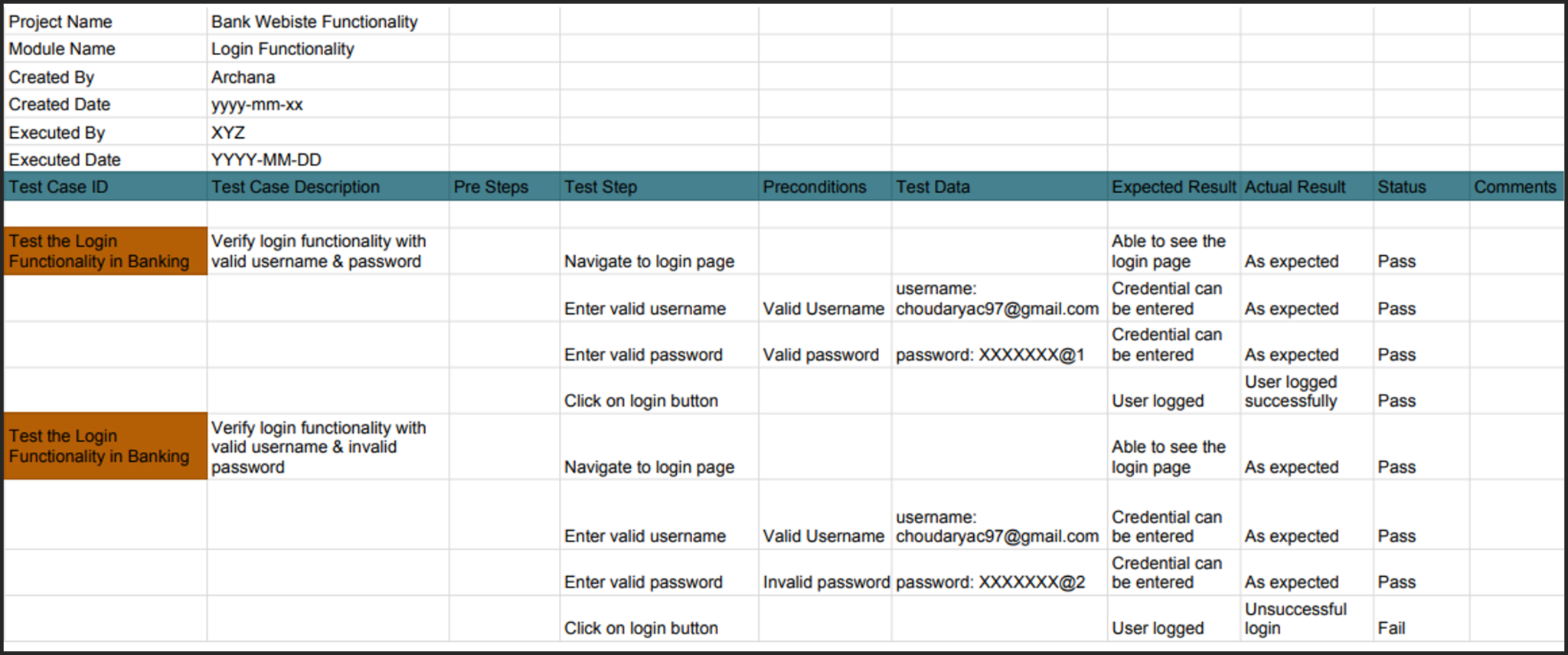
Many programs suggest taking the test as soon as possible intern year, as for most residents, the longer spent in a residency, the further the physician is from Step 3 material. Our general knowledge of medicine was already tested in Step 2, an exam taken during the final year of medical school. Of course, as a physician, we should have some baseline knowledge of general medicine. In studying for this test, I re-learned the management of acute exacerbation of chronic obstructive pulmonary disease and other disease processes that simply have minimal clinical relevance to pediatrics and my patients. During my intern year, I cared for children and their families with complex disorders, much of which is only seen in pediatrics. At this point, physicians have become much more specialized than when this test came into existence. The test items and cases reflect the clinical situations that a general, as-yet undifferentiated, physician might encounter within the context of a specific setting.”Ī “general” and “undifferentiated” physician simply no longer describes physicians in their first year of medical training. Per the USMLE website, the exam’s content “reflects a data-based model of generalist medical practice in the United States. Step 3 takes place over two days, involving 7 hours of testing on the first day and 9 hours of testing on the second day.
STEP 3 PRACTICE CASES SERIES
Step 3, as the name implies, is the third in a series of USMLE board examinations before taking a specialized board exam (e.g., pediatrics, internal medicine, etc.). The time has now come to examine the need and relevance of Step 3. Before COVID-19, there had been calls to reform the expensive licensing exams, which successfully made Step 1 a pass/fail exam.

In response to public outcry, Step 2 CS has become defunct. During COVID-19, Prometric sites closed, delaying exams for many.


One such institution is the United States Medical Licensing Examination (USMLE). The COVID-19 pandemic put a pause on institutions that we did not think were pausable, allowing us to ask critical questions regarding their relevance and necessity.


 0 kommentar(er)
0 kommentar(er)
